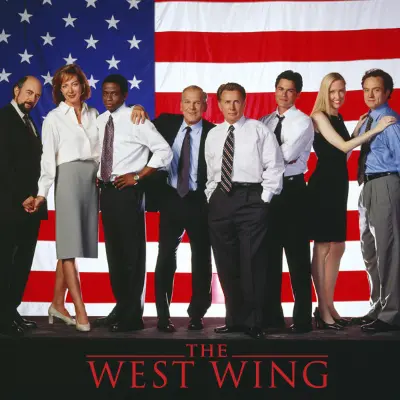The West Wing was ideal comfort food that continues to hamstring the Democratic party
-

If the Aaron Sorkin drama were to debut in 2019, it would be criticized for the whiteness of its cast, for "Sorkin’s irritating habit of writing strong and capable women who are only strong and capable so long as there’s no man around to render them tongue-tied" and for its neoliberal economics, where capitalism always wins, says Emily Todd VanDerWerff. "Twenty years later, The West Wing still holds a special idealistic thrill for many viewers, especially those on the left," says VanDerWerff. "To Google searches for the series spiked after the 2016 election of Donald Trump, and the show’s presence on Netflix allowed for a similar viewership rush. In an era of presidential blather and bluster, the quiet certitude of the Bartlet administration fills a need for a more optimistic view of what our politics could be. Yet at the same time, The West Wing has come under fire from one-time or would-be fans, who see in its vision of politics something that has come to hamstring the Democratic Party by forever tying it to stentorian speechifying and Clintonian third-way politics. The Bartlet administration, after all, represents a very ‘90s view of the left-wing coalition." VanDerWerff adds: "The West Wing has come to so thoroughly define the way that many in the center-left have come to think about Washington that it’s had a deleterious effect on their beliefs about how Washington should work. On the one hand, The West Wing holds up as ideal comfort food television. But on the other, its politics are profoundly limited." ALSO: The West Wing's patronizing, treacly BS has, in hindsight, dramatically soured its reputation.
TOPICS: The West Wing, NBC, Aaron Sorkin, Retro TV
